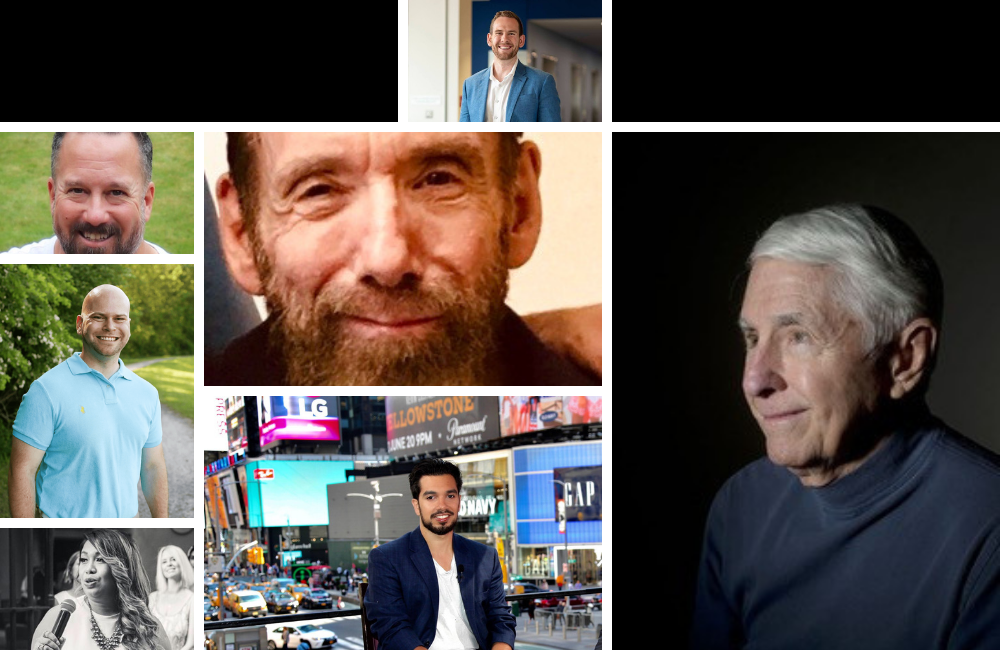Before you read on, I want to make it clear: this is not another one of those productivity tips list where people tell you what they do to accomplish things in their to-do list…
These are pieces of practical advice from people who have had a hard time finishing their books just because they weren’t natural-born writers and some professional novelists who have published multiple books already.
By the end of the article, you’re going to learn actionable workarounds that will help you get what you want to achieve: finally finishing that book you’re destined to author.
Because let’s face it…
A well-written, helpful, and useful resource, authored by you, will help you have a stronger reputation, establish your authority in your chosen field, and increase your credibility.
Brad Gilmore, poet and author of “Wisdom for the Weeping Widow”, even admitted that editing and putting all your writing in order is more difficult than it is publishing your work.
Rob Gallant, author of the suspense novel “Rob the Vatican”, also said that he had three original unpublished novels only because they might not be good enough to win high accolades.
While it is clear that there are challenges along the way, let’s hear how these authors made it to the last page of their books.

Robert Gallant – Author of Rob the Vatican
“It is critical to write at a level that enables the reader to grasp the full meaning of the story, the people, and the events. Equally important are conversations with everyday, common folks. It is amazing how those conversations can give you insights that you will never get from a politician, a business executive, or most newspaper editors. And being willing to listen to someone who disagrees with me often yields important perspectives and opportunities to help improve my stories.”
Mike Young – Author of Made Over
“I hired a ghostwriter to help me write through a series of interviews. I got to share my story and journey simply by talking and letting the ghostwriter organize and publish it all up.”
Immy Tariq – Co-Author of The Must-Have Guide to Google Adwords
“I mapped out the key takeaways of my book. With the list of topics I wanted to cover, all I had to do was write the key points for each topic and turn them into chapters.”
Declan Edwards – Author of OPPORTUNITY IS NOWHERE: The Life-Changing Power of Perception
“Break your ideas down into smaller bites. One of the best things I began doing was setting a 10-minute timer and making the commitment to write whatever came to mind during that first 10 minutes – even if it was absolute rubbish.”
Tom Sylvester – Author of Lifestyle Builders: Build Your Business, Quit Your Job, -AND- Live Your Ideal Lifestyle
“I developed a routine where I’ve leveraged a scrum board, blocked off my calendar on several days, and parked myself at a coffee shop. I would continuously write until I completed a chapter.”
Diana Mae K. – Author of Money, Men, and the Market
“If you are writing about a specific experience, make sure you know the ins and outs of this experience, that you’ve done it all, that you’ve done your research and talked to your confidantes about it, then it becomes easy.”
Brad Gilmore – Author of Arid Willows and Hallowed Haunts
“My routine is very simple: I make sure I write during my peak performance time, during the wee morning hours. I’ve been writing out of inspiration since I got hospitalized and unable to write for 2 months. After that incident, I use my personal views and experience as the center of my writing.”
These pieces of advice should help get you going towards writing that dream book. Remember: no one is that special…to just face a computer and let the words flow like a broken dam. We all have our struggles, and it’s okay to have them. The other side of these struggles are our visions, our big goals, and the anticipation of finally holding a book that you authored in your hands, your name showing up the bestseller list, your mother looking at you like the big winner that you are. Ask any writer – it’s worth it.
This is a Contributor Post. Opinions expressed here are opinions of the Contributor. Influencive does not endorse or review brands mentioned; does not and cannot investigate relationships with brands, products, and people mentioned and is up to the Contributor to disclose. Contributors, amongst other accounts and articles may be professional fee-based.

